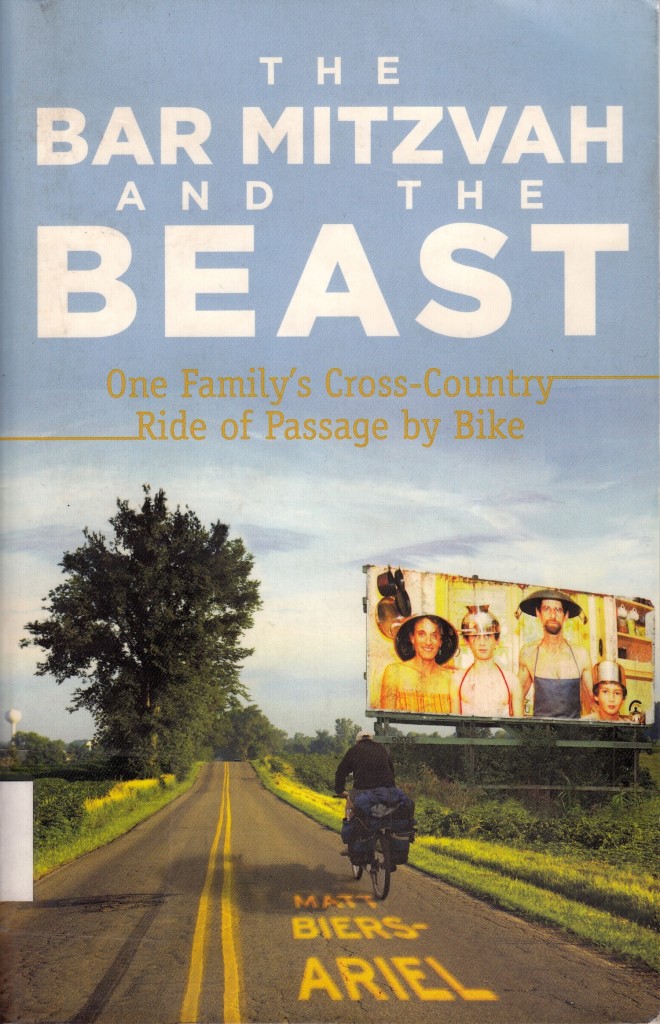Let’s review the required components of a quest, shall we? (Courtesy How to Read Literature Like a Professor)
- A questor
- A place to go
- A stated reason to go there
- Challenges and trials along the way
- The real reason to get there (hint: it’s almost always self-knowledge)
In The Wangs vs the World, (1) the Wang family is traveling to (2) their oldest child’s house in upstate New York from their family house in LA because (3) their house has just been repossessed by the bank and their family business and fortune has just gone up in smoke during the 2008 crash. They face (4) challenges and trials along the way, including their middle child deciding he’s marrying the first woman he has sex with about halfway into the trip, a car crash, and the last of their business product, which they had hoped to deliver to a client, dissolving. But they do eventually learn (5) their family is and has always been the most important thing.
I enjoyed The Wangs vs the World. It’s funny, it’s told from a point of view you don’t often see: an Asian-American family who had succeeded through hard work, sure, but isn’t doing very well right now. At all. Those two things alone make it worth reading.

